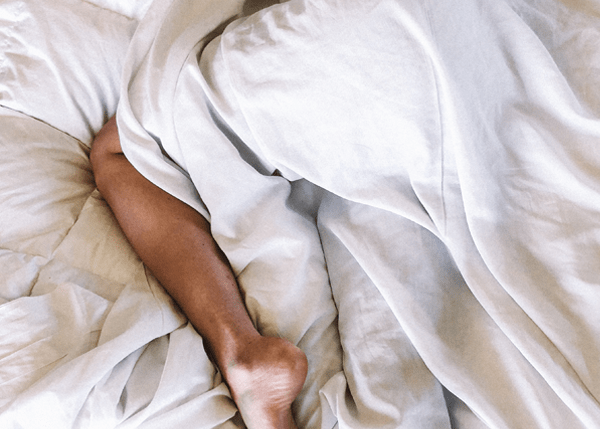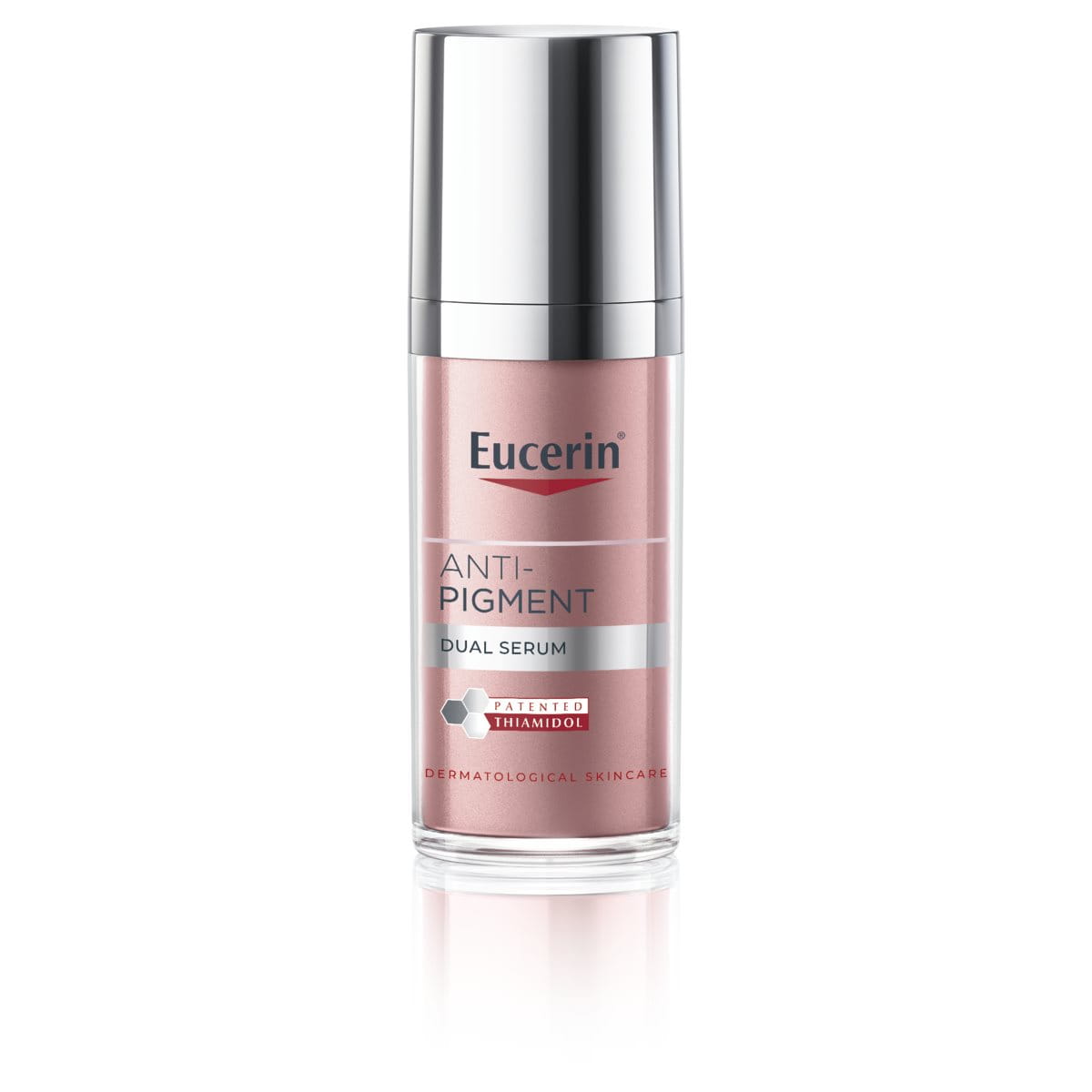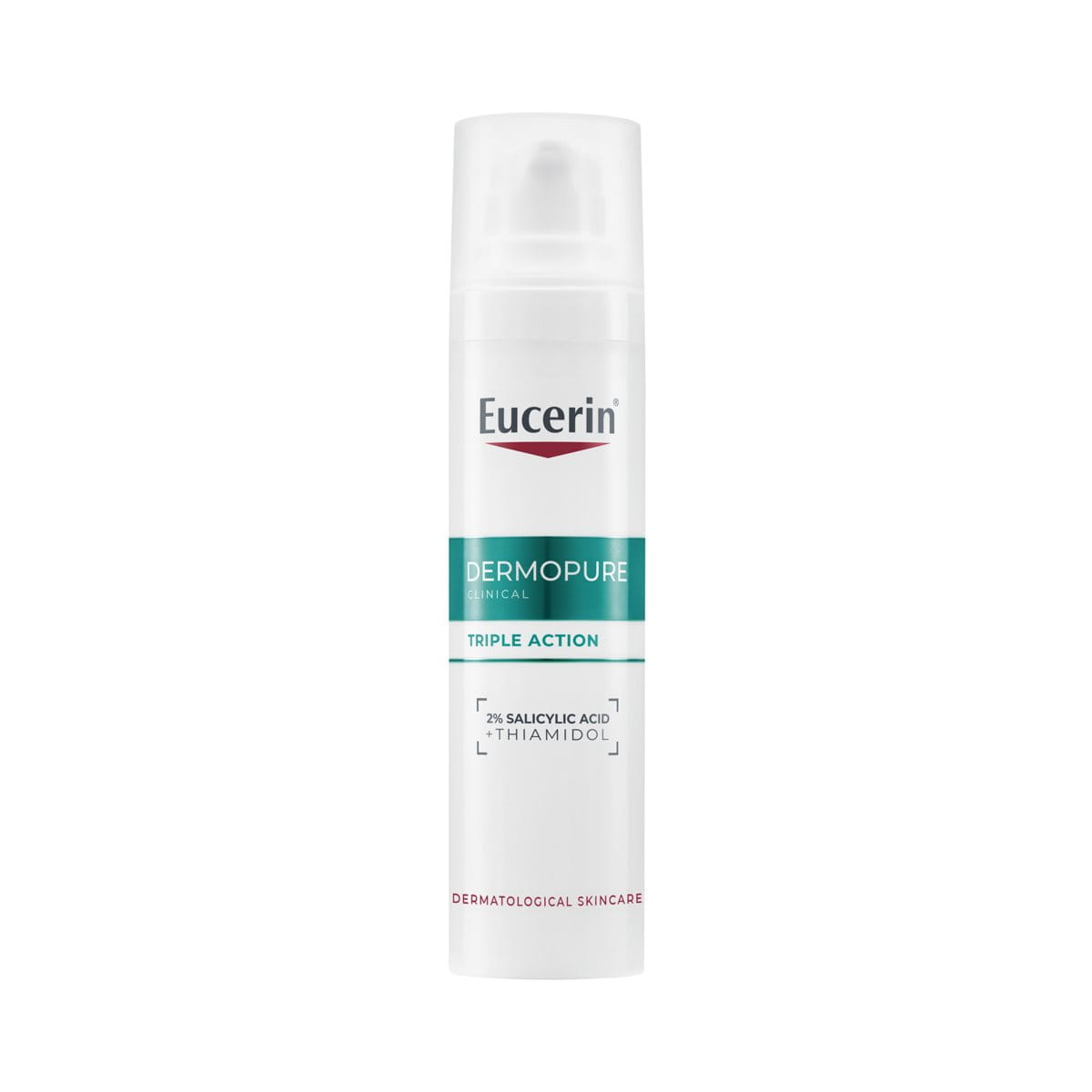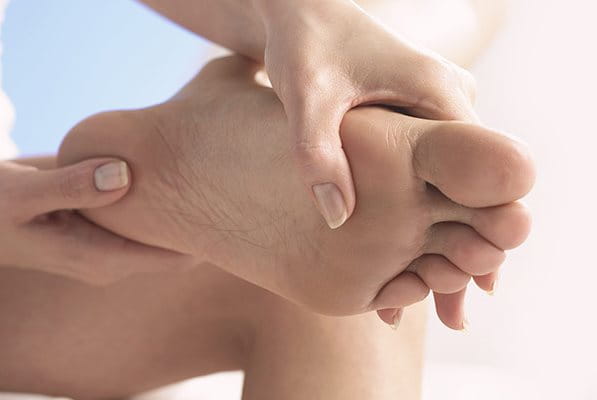Itchy skin can impact multiple parts of your body and result in painful, irritated skin. Dry itchy skin on the legs can occur on the thighs and also the lower legs and has a number of different causes, internal and external.
Read on to find out what may be causing your symptoms and what you can do to alleviate and treat them on-going.
What causes itchy legs and rashes on the legs?
The trigger for itching legs can be both internal and external, which will also have an impact on how easy it is to treat, along with the severity of symptoms.
Internal factors
- Diabetes
- Pregnancy
- Psoriasis, dry skin and other skin conditions
- Circulation problems (often caused by other diseases like Diabetes)
- Some cancers, kidney or liver diseases
- Hormonal changes for example menopause.
External factors
- Excessive moisture (showering or bathing)
- Sensitivity to certain ingredients
- Shaving irritation
- Irritation from plants or bug bites e.g. mosquitoes or nettle stings
How to stop your legs itching
Depending on the cause, the treatment to stop itchy legs will vary from different steps in your day to day routine, through to topical treatments that can soothe and treat the root causes.
Below we’ve outlined some of the key ways you can reduce symptoms.
Itchy legs with diabetes
Itchy skin and legs can be a symptom of diabetes, with high blood sugar levels over a prolonged period causing the skin to itch.
Diabetes also causes a disturbed nutrient supply to the skin making it harder for the skin to retain moisture, which can lead to dry skin, or exacerbate existing skin conditions like eczema or psoriasis.
Skin impacted by Diabetes needs to be protected with a suitable moisturiser, and all products in the Eucerin UreaRepair PLUS range are clinically and dermatologically proven to be both highly effective on, and well tolerated by diabetic skin.
Itchy legs at night

Itchy legs and itchy lower legs at night or in the evening can be caused by both internal and external factors.
Ensure that your bedding is clean and dry and that your room is well ventilated and cool to avoid exacerbating symptoms of existing skin conditions.
Warm, moist environments can trigger existing conditions like dry skin or psoriasis, but if you find yourself with bites or persisting itching in bed, it can also be worth checking for bed bugs too, with bites resulting in itchy spots or bumps on the legs.
Itchy legs after shaving or showering
Certain shower or bathing products, excessive moisture and shaving can all cause legs to become itchy. It’s important to try to understand what the trigger is, to then help alleviate symptoms of itchy legs.
Using a bath or shower product like the Eucerin AtoControl bath & shower oil that is suitable for sensitive skin, will help to reduce irritation, and avoid drying out the skin even further, which can lead to further itching.
Shaving can irritate the skin on the legs, causing rashes or small bumps to appear at the hair follicles. These can often be itchy and irritating until it subsides. Try to avoid shaving against the natural hair and always make sure to use a clean razor when shaving to avoid issues. You should also exfoliate before shaving, learn more in our exfoliation guide.
Itchy legs after walking or exercising

Experiencing itchy legs after taking a walk or going for a jog could be caused by the stress you’re putting your body under. When exercising, blood vessels expand to help increase blood flow to muscles, but this can cause an itching sensation (similar to pins and needles). It should subside as your body adapts to the exercise, or as you finish exercising.
Tight or ill-fitting clothing that doesn’t allow sweat to evaporate can also cause rubbing and chafing, which leads to itching and heat rashes on the upper and inner thighs or calves.
Heat rash will often present itself as red itchy bumps on the legs, but can also develop into larger blisters or lumps if not treated. If you have heat rash, keep the area cool, and wear loose clothing to allow the skin to breathe.
Itchy legs during pregnancy or menopause
Your body goes through a lot of changes during pregnancy that can result in changes to both hormones and organs, including the skin. If you find your legs are itchy when pregnant, it could be a sign that you’re dehydrated or that your skin is drier than normal and needs support to help keep them moisturised.
If you already suffer from Atopic skin, then changes to your immune system when pregnant could cause this to flare up causing itchy legs, whilst it’s possible to also develop atopic eczema during pregnancy, even if you’ve not had it before.
It could also be due to higher levels of oestrogen that can cause itchy legs and feet.
If you're suffering from itchy legs during pregnancy, the UreaRepair ORIGINAL 10% Urea Cream provides intense moisture and soothes dryness, whilst very dry, rough body skin should be treated with the UreaRepair PLUS: 10% Urea Body Lotion.
Itchy skin during pregnancy can also be a sign of twins and is more common in women carrying two or more babies.
Persistent and severe itching could also be a sign of a liver condition called obstetric cholestasis and should be reviewed by a GP or medical expert if you’re concerned.
Our brand values

We deliver a holistic dermo-cosmetic approach to protect your skin, keep it healthy and radiant.

For over 100 years, we have dedicated ourselves to researching and innovating in the field of skin science. We believe in creating active ingredients and soothing formulas with high tolerability that work to help you live your life better each day.

We work together with leading dermatologist and pharmacist partners around the world to create innovative and effective skincare products they can trust and recommend.










